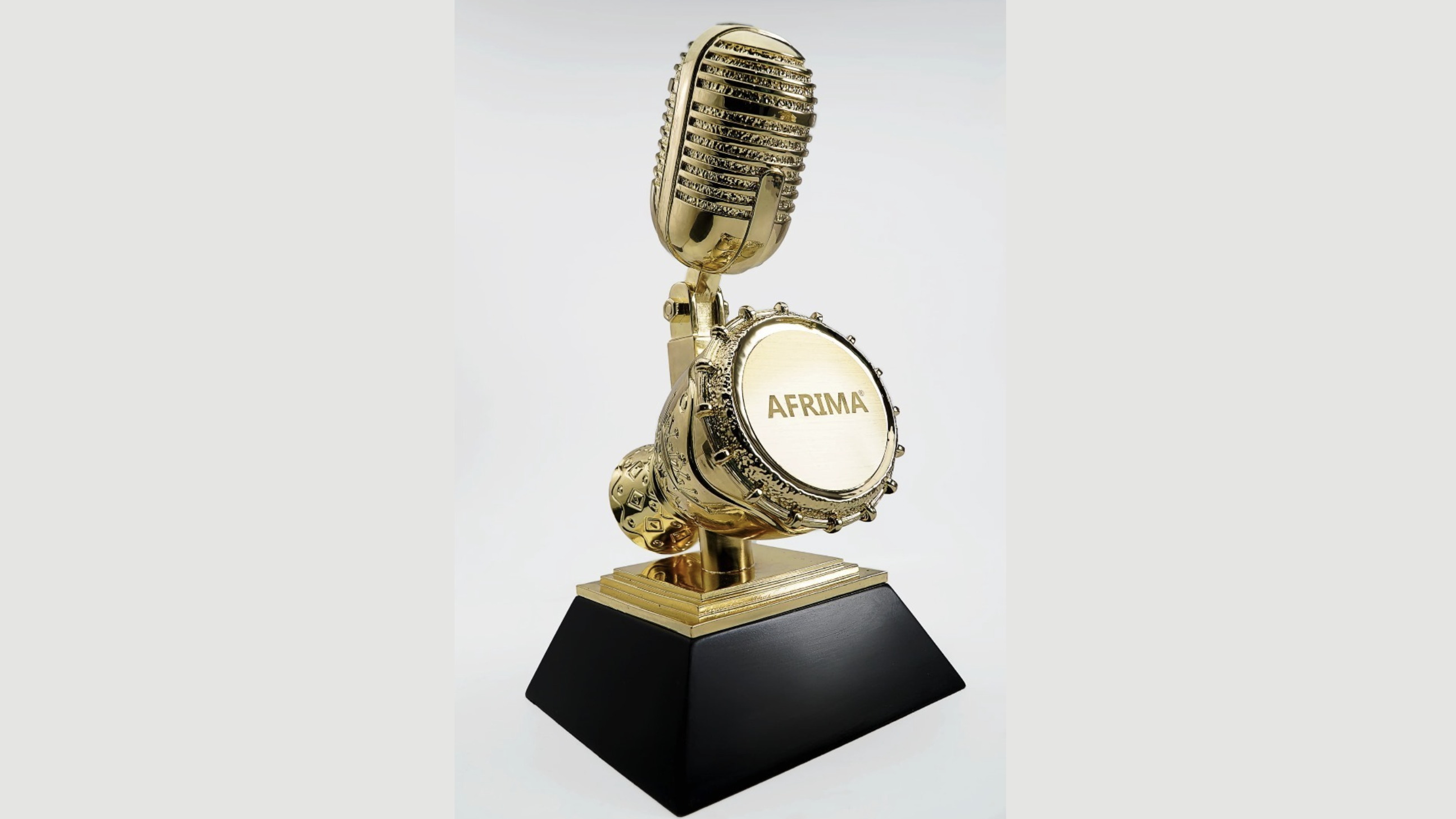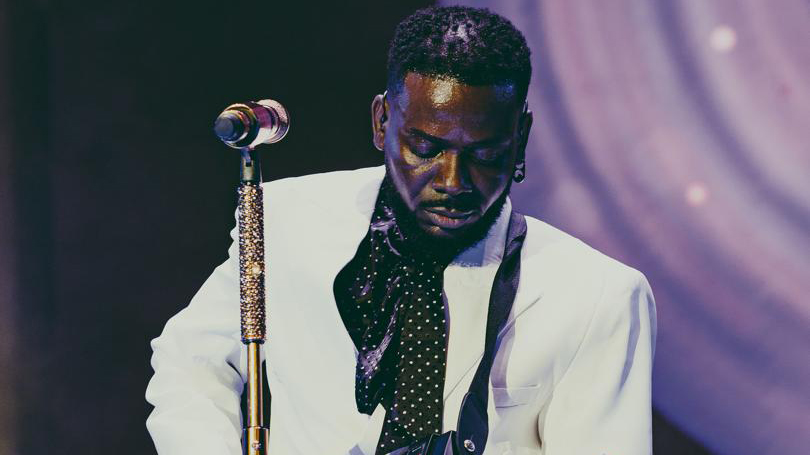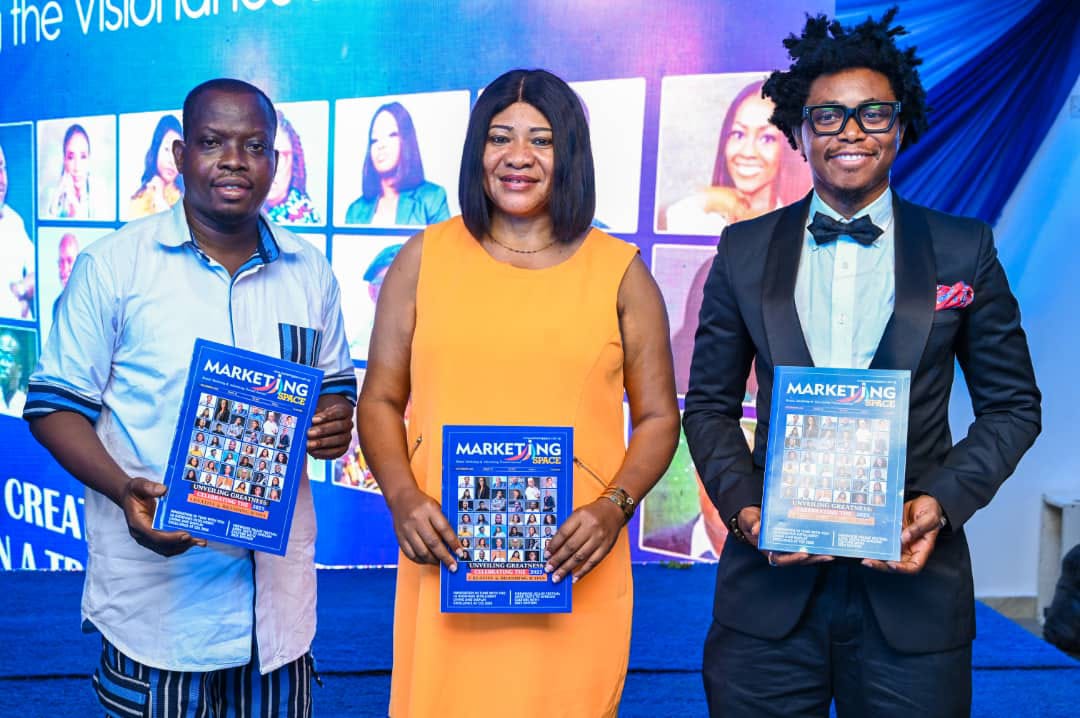

Following recent launch of former military President, Ibrahim Babangida’s autobiography, the family of Newswatch magazine’s co-founder, Dele Giwa, has urged journalists to tell the right narratives.
Recall precisely February 20, 2025, Babangida launched his autobiography in Abuja, titled, ‘A journey in service.’
In chapter 10 of the book, titled, “The challenges of leadership,” Babangida exonerated his administration’s involvement in Giwa’s murder, saying the insinuation that the parcel bomb might have come from the headquarters of the administration was cheap and foolish.
He queried, “Why would an officially-planned high-level assassination carry an apparent forwarding address of the killer? Why would a government-planned and executed crime point directly at the suspect? All this did not make sense to me. Much as this incident rattled me, I also accepted and understood it to be part of the challenges of the task I had taken on.”
Describing Giwa as his friend, Babangida further recalled, “on a personal level, I had just lost a friend. Mr. Giwa was a good friend, like a few other senior journalists in the country. We spoke often on the phone and met a few times. I valued his deep insight on national issues and respected his views and reach as a media leader.
“I tried to understand the implications of what had just happened by making sense of it. I analysed and tried to interpret the incident first at a personal level. Whoever was the mastermind knew my relationship with Giwa and a few senior journalists. Hitting at Giwa would get to me emotionally. Secondly, Giwa was a very popular and colourful journalist, a person of great public interest for anyone wanting to inflict a mischievous political blow on the young military administration.”
He, however, expressed concern over the attitude of the media towards the investigation. To him, “the hysteria of the media did not help the investigation of the Giwa murder. As is typical of the Nigerian media, the direction was marked by an adversarial attitude towards government, which has remained the hallmark of the Nigerian media from its colonial heydays. It was an attitude of ‘we versus the government’ that has remained today. It is a situation in which the government is adjudged guilty even before the evidence in a case is adduced.”
He insisted, “what the campaigners failed to realise was that even under a military regime, crimes will be committed by persons and agencies that may not be directly related to either the military establishment or the government. The best way to cover up for heinous crimes would be to craft them in a manner that includes the government among the suspects so that what should ordinarily be a criminal investigation is drowned by political actions and populist sentiments.”
During the Opua Panel, Babangida said he expected new findings but nothing happened. He stated, “when the Obasanjo civilian administration reopened the Giwa case at the Oputa Panel on Human and Civil Rights, I expected that the police and lawyers would come forward with new evidence as to their findings on the Giwa murder over the years. Nothing of such happened.”
But in an exclusive interview with The Guardian, Giwa’s brother, Tunde, said, “politicians are reacting to him because they are politicians. Let the journalists react to him because they are journalists.”
In conclusion, Babangida expressed optimism, “the Giwa, like all mysterious murders, has remained unsolved after so many years. I keep hoping the truth will be uncovered in our lifetime or after us. More often than not, mysterious crimes are solved long after their commission.”






